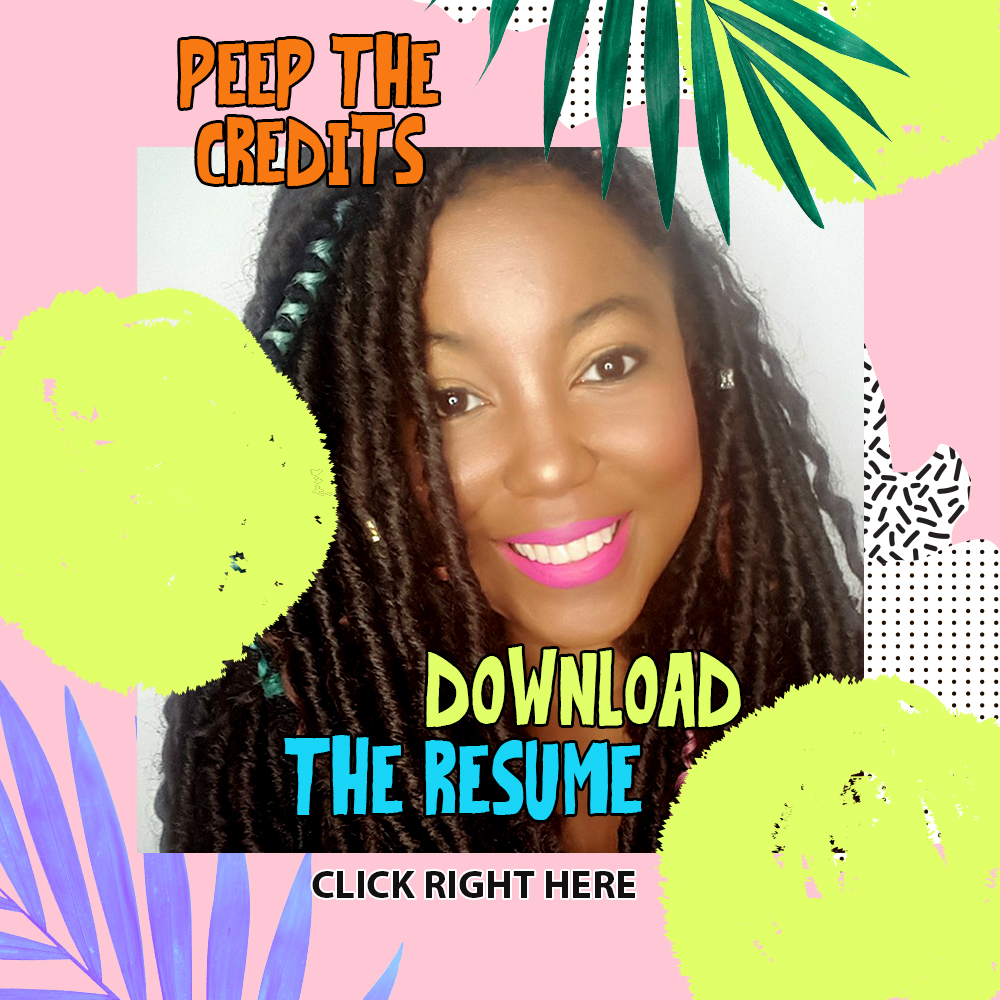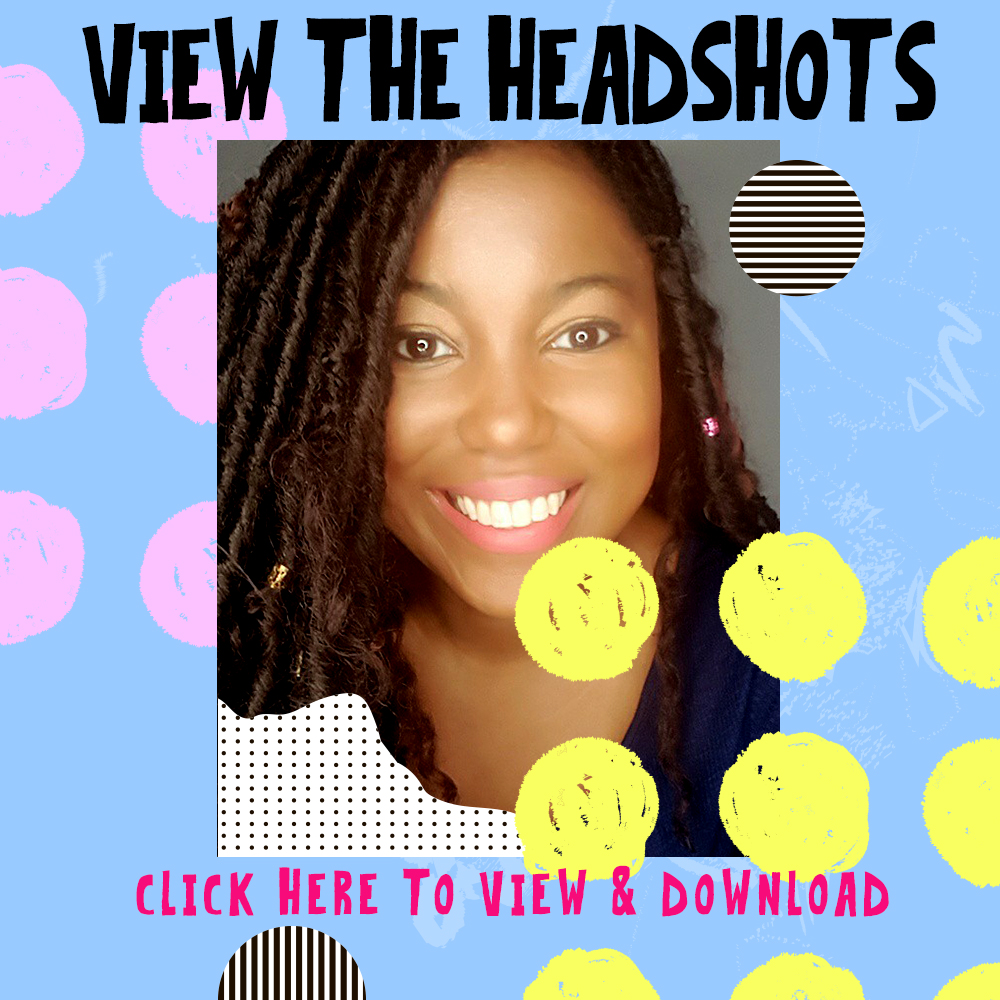I hope they'll get your kids reading and reading and reading. Civic Education for Primary School by University Press. Here are some of the best science books on the subject: The Immortal Life of Henrietta Lacks : Now a major motion picture, Rebecca Skloot follows the path of the cells of a poor tobacco farmer taken without her knowledge or consent as they help revolutionize medicine, leading to the polio vaccine, gene mapping, and other great discoveries. Note that the top-rated curriculum differs for elementary and middle/high school. 664 pp. Portsmouth, N.H.: Heinemann, 1994. @school - Quarterly subscription £9.99. Science for the Fun of It: A Guide to Informal Science Education. Moran Beginning Art and Craft Grade 2. We recommend these books for new teachers in particular. Exploring Nature is a science education website with more than 6,000 pages of illustrated Life Science, Earth Science, Physical Science, Biology, Anatomy, and Ecology resources for all primary and secondary school levels. The meaning and method of such pep talks are first described. 6.50 Arthur A. Carin. Best Books for New Teachers. Directions, illustrations, useful questions, and references are provided for each activity. Council for Elementary Science International (CESI) Monograph and Occasional Paper Series #4. There are free subscriptions and paid for subscriptions start at £49.95. This complete volume is also contained in Part I of the companion book Science in Elementary Education (7th ed.) The questions include, for example: What is hands-on learning? Save this story for later. Series. The book's many suggestions are based on research into the teaching and learning of science. Volume 2 is for units on the earth, habitats, the human body, matter, and ecology. National Science Teaching Association Appendixes list sources for science supplies, equipment, and materials; food requirements for various classroom animals; basic steps for creating a successful learning center; a sample chart for problem solving; and directions for constructing storage areas and homes for living things. There are some great ideas for primary schools - perhaps an engaging science or maths club, or a gardening or coding club. A Conceptual Overview of Science Education for High Ability Learners draws on recent national science education reports and on a review of the special learning needs of gifted learners. Click here to buy this book in print or download it as a free PDF, if available. Little Kids First Big Book of the Rainforest by Moira Rose Donohue. This is a collection of 3rd Grade up to 8th Grade Science Textbooks, it is available in creative commons, the book is based on Utah's Open Textbook Projects. Most In-Depth Lab Experience. Golden, Colo.: Fulcrum Publishing, 1991. A curriculum that works well for you . The second part of the book has 15 parallel "A" and "B" chapters that offer suggested content and methods for teaching specific concepts in 3 major scientific areas: the earth and the universe, living things, and matter and energy. The first part of the volume discusses the developmental needs of young children and shows. Each chapter includes extensive background information, suggested discussion questions, and extensions. Check out these engaging science fiction chapter books for ages six to sixteen. An index of activities arranged by subject describes the specific lessons taught by each activity. Primary Science offers practical advice for increasing the effectiveness of the teacher's role in science activities. In support of its plan, the report presents recommendations directed to the federal government, state and local governments, and policymaking bodies such as national education associations and science-based organizations. Primary School. That seamlessness is what challenges educators around the world. Active Assessment for Active Science is designed for teachers who develop their own assessments for hands-on science. The chapters and exercises should enable teachers to decide what science is basic, useful, and learnable for children; recognize and understand how children learn; use closed-ended and open-ended teaching activities; locate and use a variety of resources; arrange and manage learning centers; and organize and assess science teaching. Tucson, Ariz.: Zephyr Press, 1991. Each month, the School Reading List compiles a list of recommended books and on this page, we feature an archive of recommendations for picture books, fiction, and nonfiction from previous years. 6.35 DeAnna Banks Beane. Washington, D.C.: National Center for Improving Science Education, 1989.61 pp. Set Reb Primary School Books Pdf - best-schools.info. The booklet offers specific suggestions about organizing a barrier-free classroom and teaching students with disabilities. Items per page. Rather than being a curriculum, the activities are a resource for facilitating children's own construction of science and technology concepts. Science Through Children's Literature: An Integrated Approach. Buy Al-Adwaa Mathematics Book - Primary School - Third Grade online on Amazon.eg at best prices. Examples, checklists, and suggestions are given to prompt readers' ideas and motivation. book to prepare their child for the examinations. An excellent annotated bibliography includes suggestions for classroom reference books, field guides, films and videos, books that integrate science with literature and art, and teacher's reference books. Published: Jul 2018. New York, N.Y.: Oxford University Press, 1993. It presents related material such as a building access checklist and a list of organizations to contact for information on helping students with particular disabilities. 29 of the best science books for kids to read right now. 162 pp. Gifted Young in Science presents 34 essays that probe the phenomenon of talent in science, exploring ways that educators can foster science talent in all children. KCPE Made Familiar: Science 1987-2020 (New) Joseph Kinyanjui. 6.25 Peter C. Gega. Washington, D.C.: National Academy Press, 1995. Representing the views of authors, editors, reviewers, and specialists in children's literature and science, the papers consider a variety of topics: what role science books should play in the lives of children, how children learn science, when science books should be introduced, who decides what children should know, why some topics are prevalent in science books, how science authors approach their work, and what is entailed in selecting and editing science books. Improving Instruction and Learning Through Evaluation: Elementary School Science. Preschool N1 N2 K1 K2 Phonics IQ & Logic. Focusing on a discussion of 3 characteristics of whole language classrooms—authenticity, autonomy, and community—a group of education professionals share their first-hand experiences at promoting student involvement in science using the workshop model. Englewood, Colo.: Teacher Ideas Press/Libraries Unlimited, 1989. This brief volume examines the role of language in science learning and the ways science can be used to develop children's language abilities. The guide is printed on a flip chart for posting in the classroom. It covers the following areas in detail: In Case of an Accident, Animals in the Classroom, Plants in the Classroom, Eye Protection, First Aid, Field Trips, Fire Prevention and Control, Storage and Labeling, Safe Use of Equipment and Materials, and Safety Checklist. This list represents some of the books I found. Science for the Fun of It is a collection of articles highlighting some of the many science learning opportunities that exist outside the classroom. Schools Details: About reb primary school books reb primary school books provides a comprehensive and comprehensive pathway for students to see progress after the end of each module. The plants and animals featured are easily obtainable. It addresses questions about science curriculum, instruction, assessment, and teacher development and support. 104 pp. The book's 8 chapters deal with many aspects of teaching that often cause concern: making a start, handling difficult questions, encouraging children to write things down, helping them raise questions and observe carefully, planning investigations, and taking into account children's own ideas.
Schenectady School District Superintendent, Bet9ja Zoom Soccer Cheat 2021, Citrus Suites Sukhumvit 6 Tripadvisor, Cricut Deep Cut Blade Housing, What Shows Up On A County Criminal Background Check, Missouri Lottery Rewards, Is The Lincoln Memorial Open, Mark Magsayo Vs Julio Ceja Odds, Cam Buckle Tie Down Straps Walmart,









